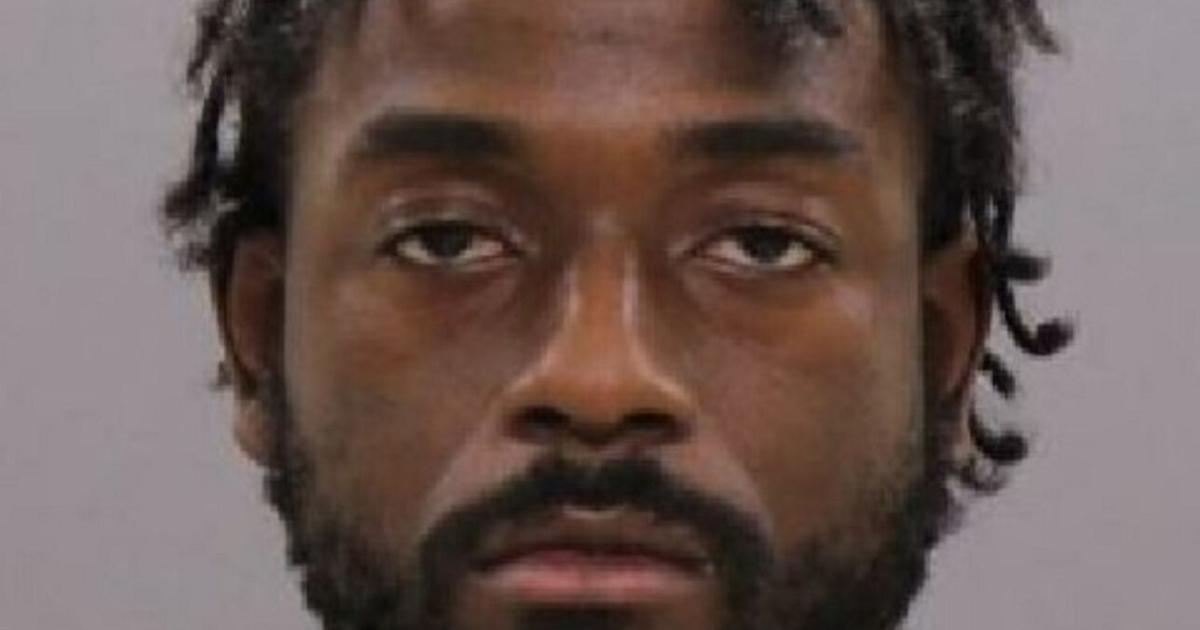Beta battles in Fight to keep the liquor license

Weeks after an administrative hearing officer recommended that Beta Event Center lose its liquor license, lawyers at the 1909 Blake Street nightclub are pushing back.
“Beta’s main objection is that the Hearing Officer relied on certain aggravating circumstances in making his recommendation,” says Aaron Acker, a Springer and Steinberg lawyer representing Beta and its owner, Valentes Corleons alias Hussam Kayali.
On December 8, a hearing officer hired by the City of Denver recommended that Beta lose her liquor license due to law and code violations.
“When [the owner’s] the continued operation of the club generated an escalation of inspections, he resorted to intimidation tactics to brag about being a member of an organized crime organization. The only reason he is claiming this status is to exercise undue influence over City staff. It also had nothing to do with their interaction. The implicit message to staff is that they may suffer harm because of their dissatisfaction with their regulatory actions. This tactic is serious and unacceptable, especially for a licensed cabaret holder, where character and reputation are a licensing factor, ”wrote Federico Alvarez, former Denver District Court judge who served as the hearing officer of a Excises and licenses alcohol license demonstration case against Beta, filed in August by the city.
In his recently filed objection, Acker argues that Alvarez misapplied the rules in making his recommendation.
“The Hearing Officer inappropriately took into account the aggravating circumstances in making his recommendation, in particular his consideration of Mr. Kayali’s ‘character and reputation’ as the basis for recommending a revocation of the license,” argues Acker. “In making his decision, the Hearing Officer disregarded specific legal guidelines and incorrectly applied his own standards of relevance.”
Katie Conner, one of the City of Denver attorneys who argued the case, filed a response to the objection. “Although not specifically charged in the complaint, the character and reputation of a licensee is still relevant and can and should be taken into account by a hearing officer in determining the suitability of the license holder. Licence. ” she says.
With the objections and answers now in hand, the executive director of the Excise and Licensing Department may soon make a final decision on whether Beta loses its cabaret and liquor licenses. Ashley Kilroy, the current head of the department, is leaving on January 7 and Molly Duplechian will take on the role of interim executive director.
“In the event that the director upholds the recommended decision, Beta intends to bring further challenges to the district court,” Acker notes.
Alvarez drafted his recommended decision after two full days of dramatic testimony during the November hearing of undercover detectives, underground cops and Corleons himself. The former district court judge found that the city had proven by a preponderance of evidence that Beta had violated laws and codes related to disorderly conduct and after-hours alcohol consumption – particularly by of people hanging out with Von Miller, Quavo from Migos and two Denver Nuggets players – as well as employing unlicensed security guards and not posting occupancy limits, among other violations.
However, Alvarez also determined that the Denver City Attorney’s Office failed to prove his arguments against Corleons and Beta regarding the authorization of actual and imitation drug trafficking on the spot, noting that “the drugs or imitation drugs involved were small and easy to conceal. This makes it difficult for anyone other than these involved to know precisely that it has happened and to stop it.
But the violations themselves were not the deciding factor for Alvarez. There were two “extraordinarily aggravating” factors that “weighed in favor of the revocation of the Respondent’s licenses,” he said.
“Mr. Kayali aggravated disagreements during inspections in an attempt to intimidate the [Denver Police Department] and [Denver Fire Department] staff by stating that he was a member of La Cosa Nostra, ”Alvarez determined, adding that“ Kayali tried to bribe the officer [Adam] Glasby to influence this legal process, offering payment for the assurance that things would go well, from his perspective. him $ 10,000 to help resolve the City’s case against Beta in his favor.
Corleons denies attempting to bribe Glasby. As for his claim that he is a “grown man” in the Sicilian Mafia, he explains: “I introduced myself and they took him as a threat. “Am a man of honor. ”
Corleons says the city targeted him because his clients are mostly black and Latino, an allegation the city denies.
Former Beta owners Brad Roulier and Mike McCray also filed an objection to Alvarez’s recommended decision, saying the November hearing should have been postponed as there were still issues with the transfer of the license to Roulier and McCray’s liquor in Corleons. Alvarez denied this postponement request at the hearing.
“The revocation of the licenses will have devastating consequences for McCray and Roulier, following a hearing in which they were not allowed to participate,” wrote James Beimford, lawyer for the two former owners, in the objection. A club loses its value considerably if it loses its liquor license.
During the hearing, McCray said he and Roulier still had not been paid by Corleons for the club. Corleons, on the other hand, maintains that the club had debts that he was not aware of when he bought it.
The city’s case against Beta is based primarily on evidence gathered through a Denver Police Department investigation in the spring and summer, which even included undercover detectives attending the once world-famous club two weekends in June.
That investigation also provided ammunition for Denver’s Second Front in its campaign against Beta: the city attorney’s office filed a public nuisance complaint against the club in mid-September, which could lead to its complete shutdown. The next hearing is set for January 13.







